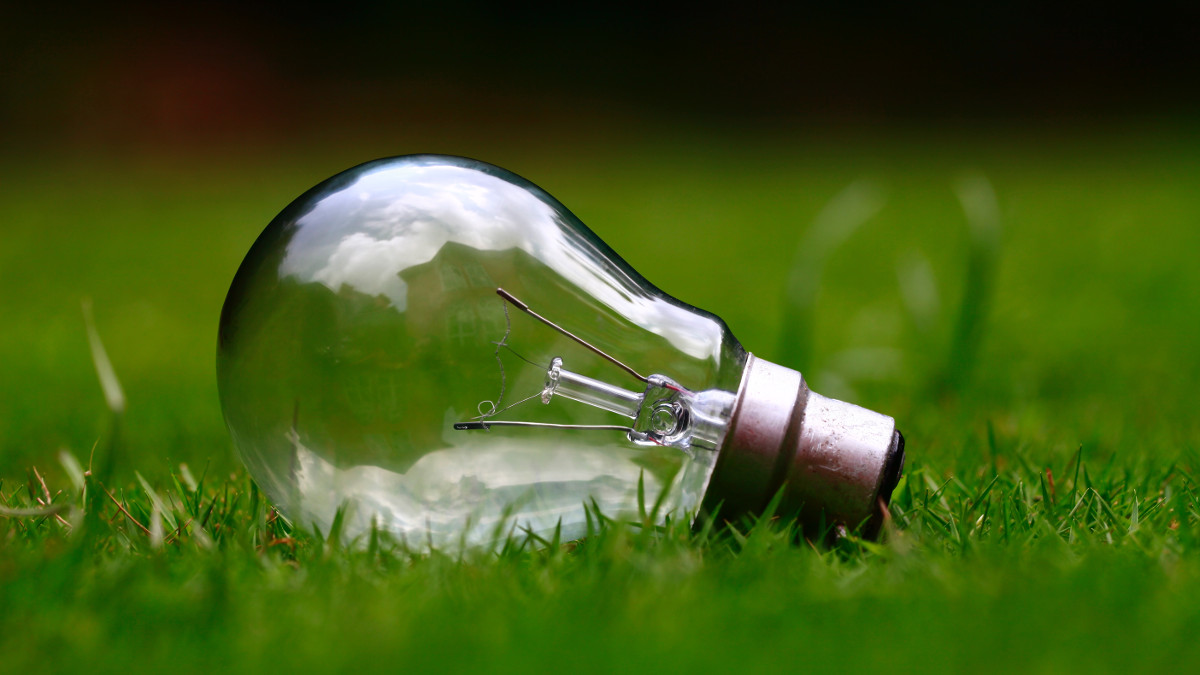Learning pro-environmental behaviours from traces
Given the dire news about global warming, we often ask why people don’t do more to protect the environment. But let’s look at it from a different angle: Why would you engage in behaviour to mitigate climate change?
Almost all energy-saving behaviours have two things in common:
- A certain cost (from going the extra mile to recycle glass bottles at a designated container to installing insulation on your house)
- The fact that a single individual's contribution is minimal and cannot, in itself, determine the desirable outcome (however much you do, one person drastically reducing energy use will not reverse the impacts of climate change).
Given the cost and the insignificance of the individual behaviour, it would seem rational to free-ride, i.e., not contribute to the generation of this “Public Good” and instead take advantage of other people’s contributions. However, as the number of free-riders increases, the system breaks and everyone is in a worse position than had they contributed in the first instance. In Game Theory this is known as the “Tragedy of the Commons”. Different ways to avoid the Tragedy of the Commons have previously been discussed, e.g. privatisation of the commons or punishment for free-riders. With regards to climate change, these options are limited: Privatisation only works for certain goods (for instance, air and water cannot be privatised); punishment requires agreement on policies and is difficult to implement on a global scale.
In this project, we are thus looking at a third option, namely how cooperation can evolve in the creation of Public Goods. We focus on how behaviours and their traces (i.e., signs of the behaviour that remain in the shared, physical environment) can foster cooperation without direct communication and, crucially, without coercion.
